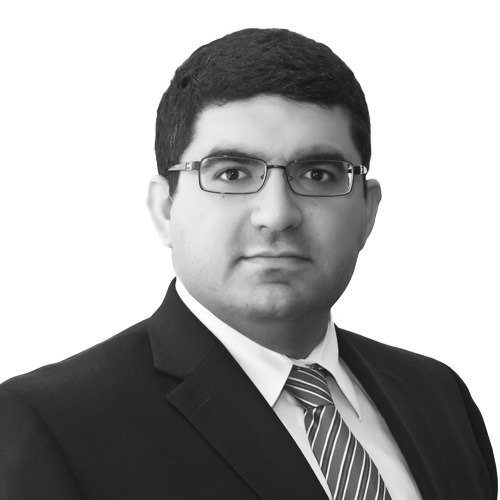Turkey's Halkbank joins a long list of reputable banks indicted in the United States for doing business with Iran. Standard Chartered Bank of the
Turkey’s Halkbank joins a long list of reputable banks indicted in the United States for doing business with Iran. Standard Chartered Bank of the U.K., Unicredit of Italy, BNP Paribas of France and Germany’s HypoVereinsbank have all been fined by the United States to the tune of billions of dollars. Since the Bush administration, these banks were joined by household names like HSBC, Societe Generale, and Commerzbank for profiting from tens of thousands of transactions with Iran and others in violation of U.S. sanctions, paying out nearly $20 billion in fines.
The Obama administration rolled back these sanctions as part of the Iran nuclear deal but President Donald Trump trashed Obama’s agreement soon after taking office. The Europeans, however, have been reluctant to stay away from Iran. Iran’s oil fields were first exploited by the British as part of the Anglo-Persian oil company in 1908, more commonly known under its current name, British Petroleum or BP. The French have also long profited handsomely off of Iranian oil, Total being the name that has become synonymous with Iranian oil following the Iranian Revolution. Energy importing countries don’t really care who’s in charge when it comes to countries with rich natural resources, as long as they can get a piece of the action.
The indictment against Halkbank repeats much of what was already covered in the Hakan Atilla-Reza Zarrab case and will, of course, lead to a conviction in U.S. Federal Court as the outcome of federal trials is, at least for this district, a foregone conclusion. The Southern District of New York has a 100% conviction rate, in other words, putting up a defense doesn’t make much sense financially as the prosecution can’t lose. What will the damage be? Nearly all other banks have feared a long and drawn-out court case and have settled with the U.S. Attorney’s office paying billions in fines. It would not be a surprise if a similar outcome occurred in this case.
The Financial Times’s Turkey correspondent Laura Pitel put it best Wednesday, “… U.S. prosecutors announcing criminal charges against Halkbank. It comes ahead of Mike Pence’s arrival in Turkey to press for a halt to its Syria incursion. The timing will be viewed with deep suspicion here in Ankara.” Pitel’s comments seemingly form a link between the two events. That the U.S. attorney, appointed by President Trump, was ordered to wait years after the first indictment in the case was announced for the eve of the vice president’s arrival, isn’t implausible. Is the Halkbank case the “big stick” that Theodore Roosevelt recommended carrying to the “speaking softly” of Pence? Surely anyone with even a superficial understanding of the events taking place in Turkey now can draw the same conclusion that Pitel predicts. Why wait three years after the case initially broke to indict only days after Trump threatens to “destroy and obliterate” the Turkish economy? Timing is everything.
Justice is blind only in statues, I’m afraid. Obviously the Trump administration made this move now to pressure Turkey to stop fighting the PKK terrorists in Syria, only days after it encouraged Turkey to do the same, because of politics. Trump was blindsided by opposition in Washington from both parties. It is, after all, an election year. Politicians need to look tough. Trump is potentially facing impeachment proceedings. He can’t afford to look weak now, so this makes total sense politically. With every additional politically motivated indictment, however, confidence in the impartiality and commitment to justice of U.S. courts continues to be eroded.
